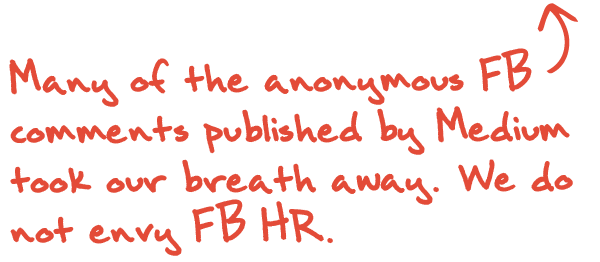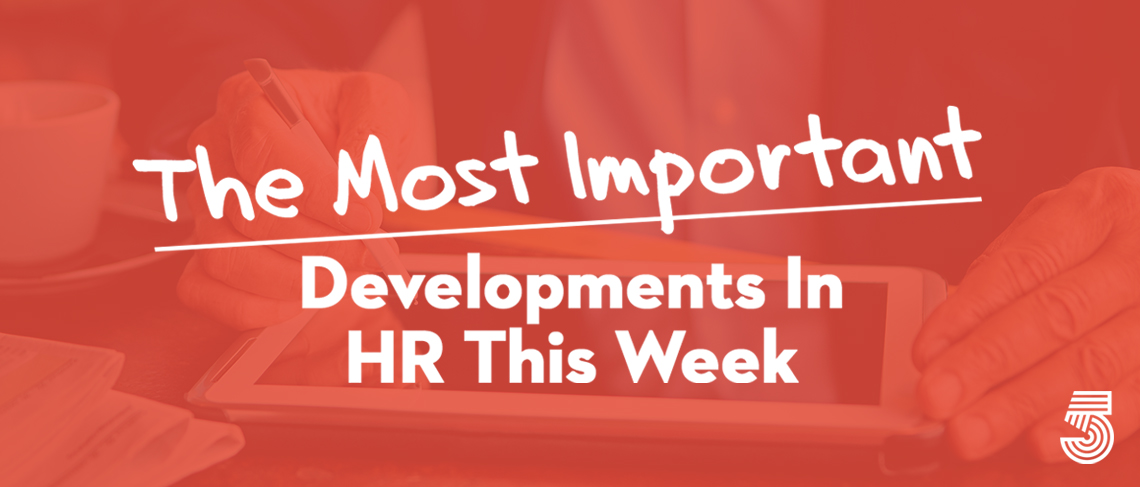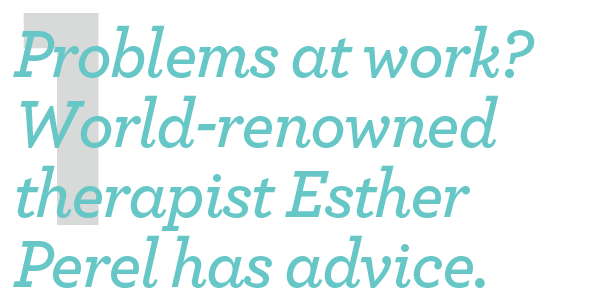
Say you are having a crummy day at work. Or a crummy month. Or a crummy year. You might think that has to do with your scatterbrained boss, your irksome clients, your grueling schedule, or your no-good colleagues. Maybe. But it also has to do with you — and the web of past experiences that influence your emotions, habits, and perspective. In a new podcast, “How’s Work?,” celebrated psychotherapist and author Esther Perel speaks with employees who are stuck, anxious, in conflict, or otherwise navigating choppy waters in the workplace. Perel — who has another podcast, “Where Should We Begin?,” about romantic partnerships — is renowned for her relationship expertise. As any listener can ascertain, work troubles and intimacy quandaries aren’t that different: When we show up at our jobs (where many of us spend the majority of our days), and in our relationships, we bring the totality of who we are, for better or worse. The first episode of “How’s Work?” was released Tuesday as a Spotify exclusive. (In February 2020, the podcast will be available on other platforms.) Perel recently spoke with The Lily about the critical importance of relationships at work, why our self-worth is often entangled with our professional success, and the differences between millennial employees and older generations. The Lily

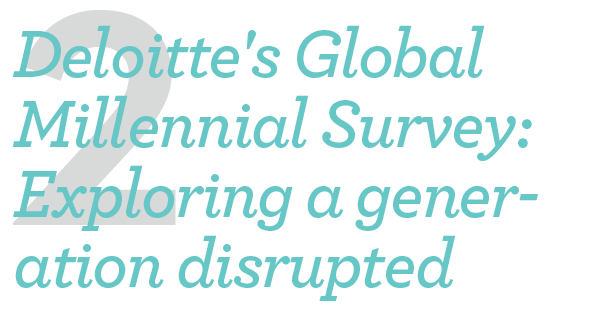
Disruption can be a positive thing, advancing business and enhancing the world around us. But it also can have a downside, especially for those who began coming of age during the global economic recession a decade ago. The latest Deloitte Global Millennial Survey shines a light on the human toll taken by years of societal discord, technological transformation, and economic insecurity. For the past eight years, Deloitte Global has looked inside the minds of millennials to better understand what makes them tick. Millennials’ opinions about business continue to trend downward. After four straight years in the 70s and a drop to 61% in 2018, the number of respondents who said business has a positive impact on wider society fell to just 55%. And more millennials than ever — 49% — would, if they had a choice, quit their current jobs in the next two years. These results speak to a group that’s troubled, disillusioned, and dissatisfied. That’s especially concerning when you consider millennials and Gen Zs make up more than half the world’s population and, together, account for most of the global workforce. They can make or break entire enterprises, and right now, they’re not thrilled with much at all. Forbes
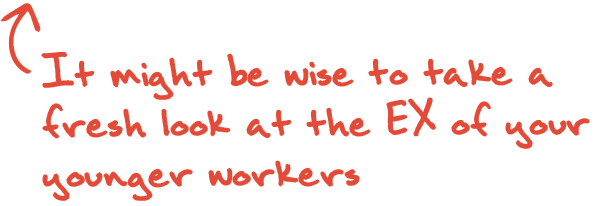
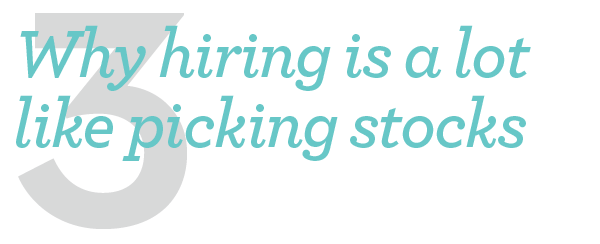
How can you as a boss, a leader, a manager, think like a stock-picker and build a portfolio of high-growth individuals for your company, selecting people with the potential to keep going up? Buy low: Hire people on the launch point of their learning curve. At the base of the S Curve, growth is slow until a tipping point is reached at the knee of the curve. Once you hit the tipping point, you move into hypergrowth up the steep part of the curve, until you reach the top of the S, where growth slows and sometimes stalls. Sell high. Encourage your people to jump to new assignments inside your organization once they reach the top of their S Curve. Whether taking on an entirely new role, helping them jump in place through stretch assignments, or inviting them to become masters to the various apprentices within your organization, this is “selling high,” coaching people to new learning curves to avoid stagnation and prevent erosion of the value already created. HBR

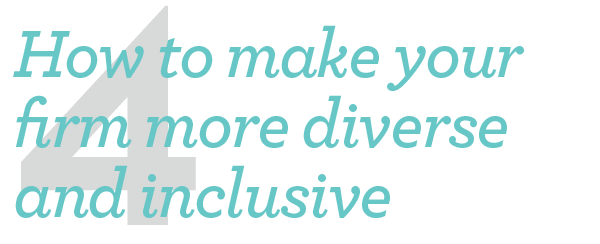
Memo to a CEO: You face pressure to “do something” about diversity in your company — not only from your wife and woke children. Corporate clients increasingly demand it. Regulators are breathing down your neck. And employees, including former ones, can air their complaints on social media. Small wonder that 87% of your fellow bosses told consultants at PWC that diversity is a business priority. Since June 2017 more than 800 American CEOs have signed a pledge to “advance diversity and inclusion in the workplace.” That is where we are: lots of talk, plenty of initiatives, little change on the ground. Between 2015 and 2018 the share of female executives at large (mostly) American and British firms went from 12% to 14%; for ethnic minorities it moved from 12% to 13%. In American companies with over 100 employees, the share of black men in management was 3.4% in 2017, virtually unchanged from 3% in 1985. Something is clearly amiss. In the past this letter would have gone straight to your legal department. Now you are no doubt tempted to forward it to someone in HR, almost certainly a woman with an arts degree, a sound moral compass, and too little power. Don’t. This is your problem. Without your leadership it is unlikely to be solved soon. The Economist
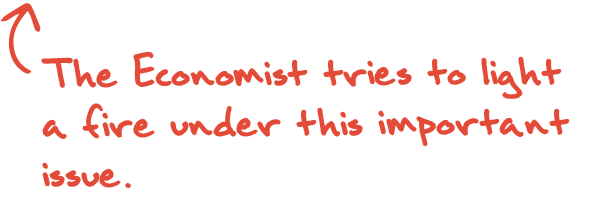

One year after a former Facebook manager accused the company of having “a black people problem” — failing its black employees by allowing the proliferation of a hostile workplace culture — an anonymous group of tech workers at the social media giant have penned a letter in which they argue that the problem has only metastasized. “Racism, discrimination, bias, and aggression do not come from the big moments,” they write. “It’s in the small actions that mount up over time and build into a culture where we are only meant to be seen as quotas, but never heard, never acknowledged, never recognized, and never accepted.” The memo, published last week on Medium, includes descriptions of discrimination and hostility that 12 current and former employees of color, including black and Latinx workers, said they’ve experienced at the company. The writers say the alleged incidents all had witnesses and corroboration. “[W]e are sad. Angry. Oppressed. Depressed. And treated every day through the micro and macro aggressions as if we do not belong here,” employees write in the memo. The employees further alleged they were brushed aside by human resources staff when they asked that the aggressions be addressed. The Guardian
